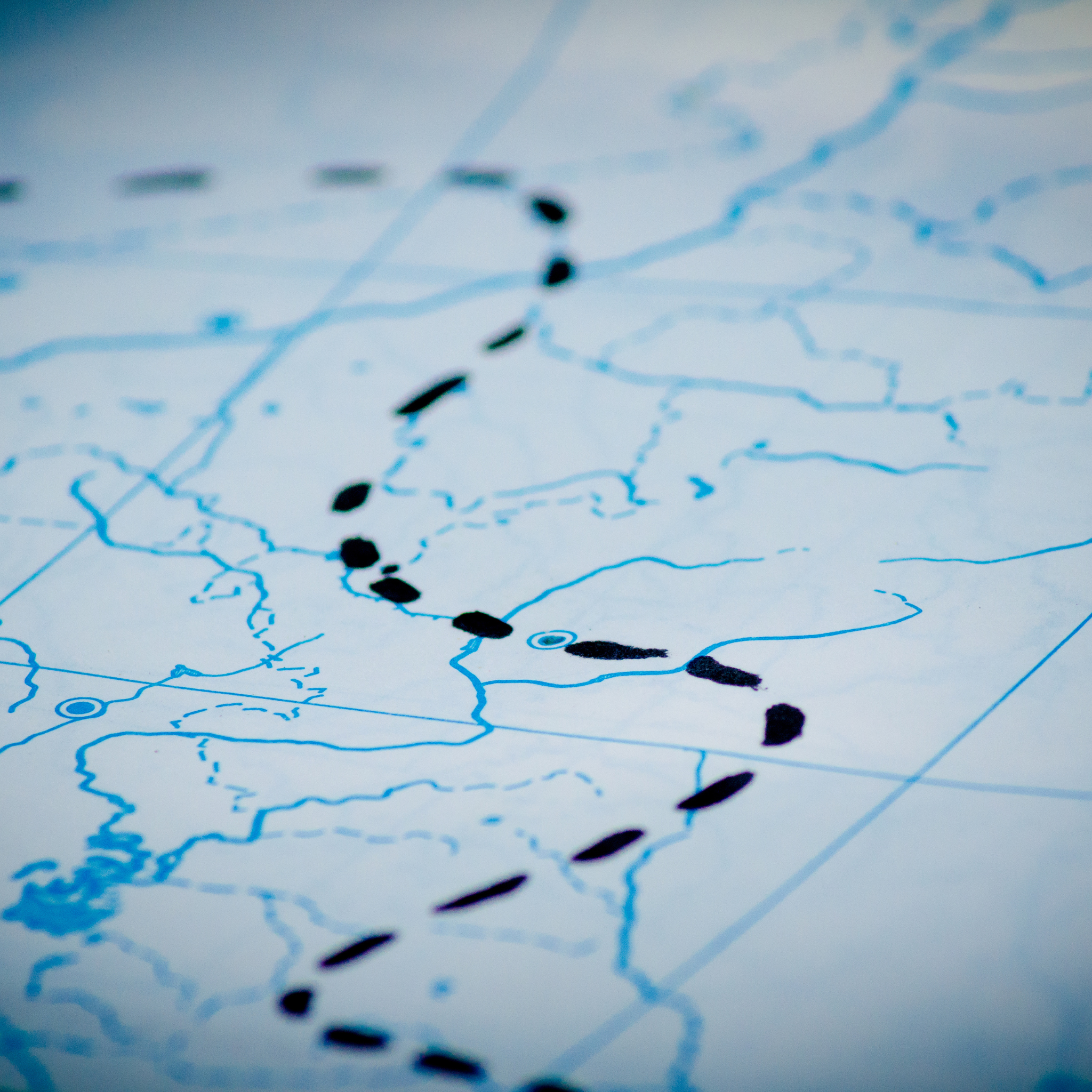For any cleaning company in the UK, getting your teams from one job to the next is a daily challenge. Inefficient travel not only eats into profitability but also impacts punctuality and overall service quality. This is where intelligent cleaning company route planning becomes essential. It’s not just about finding the shortest path; it’s about creating the most efficient sequence of stops, considering traffic, job durations, and team availability.
This guide will delve into the critical importance of cleaning company route planning for your UK cleaning business. We’ll explore the complexities of managing mobile teams, outline smart strategies for optimising your logistics, and demonstrate how this meticulous planning can lead to significant savings in time and fuel, ultimately boosting your bottom line.
The Logistics Labyrinth: Why Route Planning is a Challenge for Cleaning Companies
Manual cleaning company route planning often feels like navigating a maze. Without a systematic approach, cleaning businesses face numerous hurdles:
- Wasted Time: Without optimised routes, cleaners spend more time driving between job sites. Consequently, less time is available for actual cleaning work, directly impacting productivity.
- Skyrocketing Fuel Costs: Inefficient travel means longer distances covered and more idling in traffic. Therefore, fuel consumption increases, significantly eroding profitability, especially with fluctuating UK fuel prices.
- Delayed Arrivals & Client Frustration: Unforeseen traffic, parking difficulties, or poorly sequenced jobs can lead to late arrivals. Ultimately, this causes client frustration and can damage your reputation.
- Increased Vehicle Wear & Tear: More miles driven means more frequent maintenance and faster depreciation of your fleet. This adds to operational costs.
- Administrative Burden: Manually planning routes for multiple cleaners and daily jobs is a complex, time-consuming administrative task. It diverts valuable time from business growth.
- Inconsistent Workload: Poor planning can lead to some cleaners having excessive travel time while others are underutilised.
Smart Strategies for Effective Cleaning Company Route Planning
Moving beyond guesswork, effective cleaning company route planning involves strategic approaches that can be applied whether you use basic tools or advanced software:
I. Grouping & Sequencing Jobs Logically
- Geographical Clustering: Assign jobs in tightly clustered geographical areas to the same cleaner or team on a given day. This minimises long-distance travel between unrelated locations.
- Logical Sequencing: Plan the order of jobs to create a natural flow. For instance, work from north to south, or start with the earliest jobs in one area and progress logically.
- Time Windows: Factor in specific client access times or busy periods (e.g., avoiding peak traffic, adhering to quiet hours for commercial clients).
II. Data-Driven Insights for Route Optimisation
- Track Actual Travel Times: Record how long cleaners actually spend travelling between common job sites. This data is invaluable for more accurate future planning.
- Analyse Traffic Patterns: Understand peak traffic hours in different areas of your service region. Plan routes to avoid these where possible.
- Monitor Job Durations: Keep accurate records of how long each type of cleaning job takes. This ensures realistic time slots are allocated within routes.
III. Maximising Resources on the Road
- Optimise Vehicle Loading: Ensure cleaners have all necessary equipment and product supplies for their planned route. This avoids wasted trips back to the office or supplier.
- Minimise Downtime: Plan routes to reduce gaps between jobs. Look for opportunities for quick, smaller jobs to fill short windows.
- Cross-Reference Availability: Ensure cleaner availability, skills, and even specific client preferences are considered when assigning jobs to a route.
Technology’s Role: Elevating Cleaning Company Route Planning
While manual strategies help, the true power in optimising cleaning routes comes from leveraging scheduling software and management systems. These tools automate complex calculations and provide real-time insights that manual methods simply cannot match.
- Automated Route Planning Engines: Modern scheduling apps for cleaning businesses can automatically generate the most efficient routes for multiple cleaners and jobs, considering traffic, time windows, and cleaner skills.
- GPS Tracking & Geo-Fencing: A cleaner tracking app allows you to monitor staff locations in real-time, verify their presence at job sites, and adjust routes dynamically if unexpected delays occur.
- Integrated Communication: Seamless communication tools within a cleaning scheduling app allow managers to quickly inform cleaners of route changes or issues.
- Data for Continuous Improvement: Software collects data on actual travel times and job durations. This enables continuous optimisation of your cleaning company route planning strategies for future efficiency.
Conclusion: Drive Smarter, Grow Faster
Effective cleaning company route planning is a non-negotiable strategy for any UK cleaning company aiming to maximise efficiency and profitability. By moving beyond traditional methods and embracing smart logistical planning – with the ultimate support of dedicated scheduling software – you can significantly reduce wasted time and fuel. This allows you to boost productivity, enhance client satisfaction, and confidently scale your cleaning business with truly optimised operations.
For a broader understanding of a cleaning Scheduling app and its full range of benefits, explore our comprehensive guide on essential cleaning business software in the UK.
Ready to streamline your operations and grow your cleaning business? Start your 14-day free trial today!
